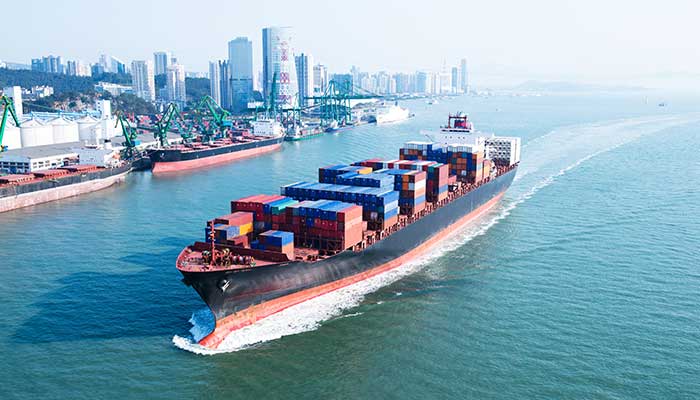In a report, published today, the three global bodies launched a joint defence of trade at a time when the protectionist stance of US president Donald Trump and inward-looking nationalism in numerous countries has triggered fears free trade arrangements could be rolled back.
“Trade has had a very positive impact on the lives and livelihoods of many millions of people in recent decades,” said WTO director-general Roberto Azevêdo.
“I recognise there are very real concerns, but the answer is not to turn away from trade, which would harm us all.”
The report stressed that trade openness has driven growth, higher productivity, greater competition and improved living standards, generating wider choice and better quality at a lower cost.
Lower-income households, which consume a disproportionately higher share of tradeable goods and services, benefit in particular, the report continued. Trade is estimated to have reduced living costs for a typical low-income family in advanced economies by two-thirds. This falls to one quarter for high-income households.
However, it also acknowledged that trade can also have negative consequences for some groups, causing disaffection.
The report said trade has long been unpopular with some segments of society, but that anti-trade feeling seems particularly salient at the moment.
The election of Trump, Brexit and the growing popularity of far-right policies and euroscepticism in France, the Netherlands, Germany and Italy, to name a few, have been interpreted as a backlash against globalisation among communities for whom its promise never materialised.
“To be sure, job losses in certain sections or regions in advanced economies have resulted to a large extent from technological changes rather than from trade,” the report noted.
“But adjustment to trade can bring a human and economic downside that is frequently concentrated, sometimes harsh, and has too often become prolonged. It need not be that way.”
The report called for policies that can counteract the negative impact of open trade, ensure its benefits are widely shared and promote inclusive growth.
It called for policies that facilitate mobility and employment, prepare workers for a changing job market, and deal with such issues in hard-hit areas quickly, before the problem becomes entrenched and causes harsher and longer-lasting outcomes.
“Going forward, mitigating trade adjustment costs needs to be a more integral part of trade reforms to avoid costly social and economic remediation and ensure wide support for trade,” it added.
But more free trade integration, not less, and a strong, rules-based global trading system will be key to growth, inclusivity and good trading relations, discouraging protectionism and demonstrating that the system can be “even-handed to all”.
“The challenge before us is to support the workers of today and train the workers of tomorrow, while also ensuring that the trading system is more inclusive,” said Azevêdo.
“Trade must be part of the solution, and we must ensure that its benefits reach more people.”
Both the IMF and the World Bank are expected to further emphasise the importance of trade when they hold their spring meetings in Washington DC next week.














